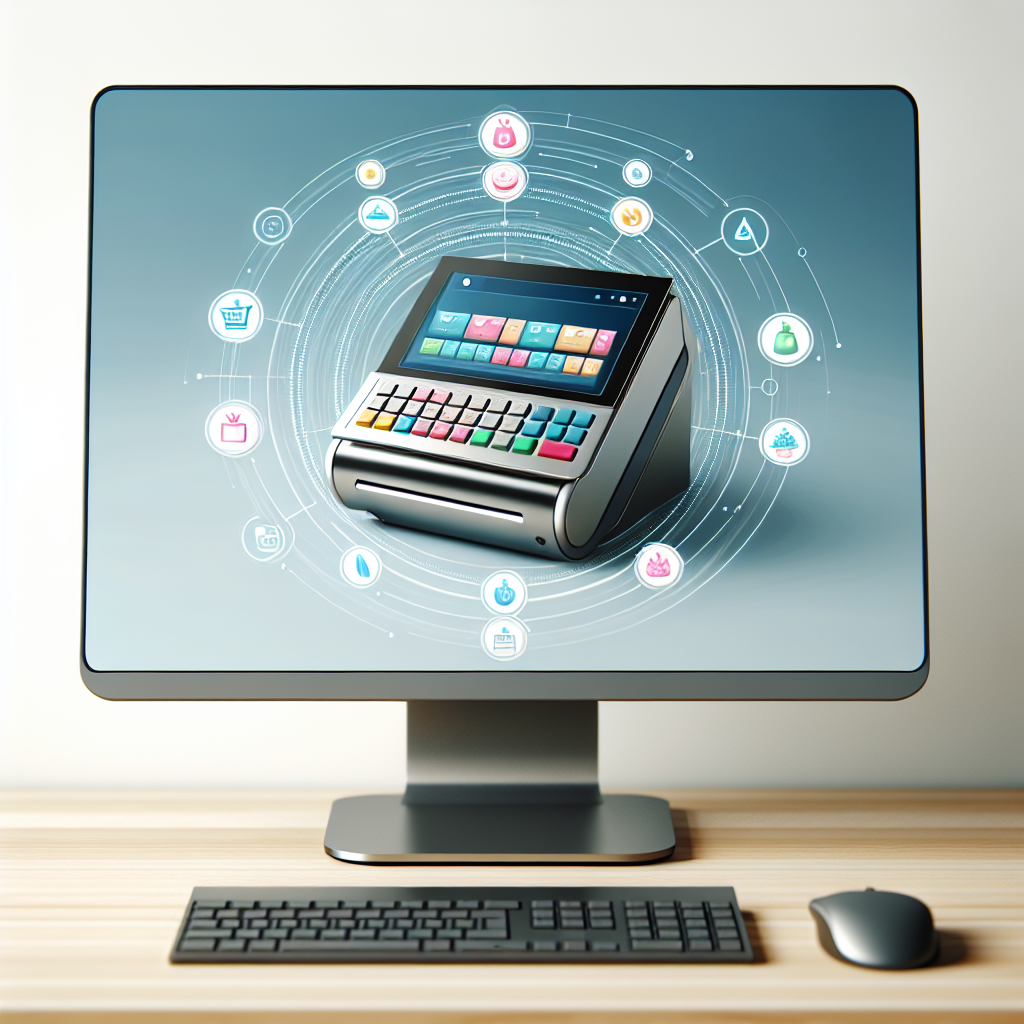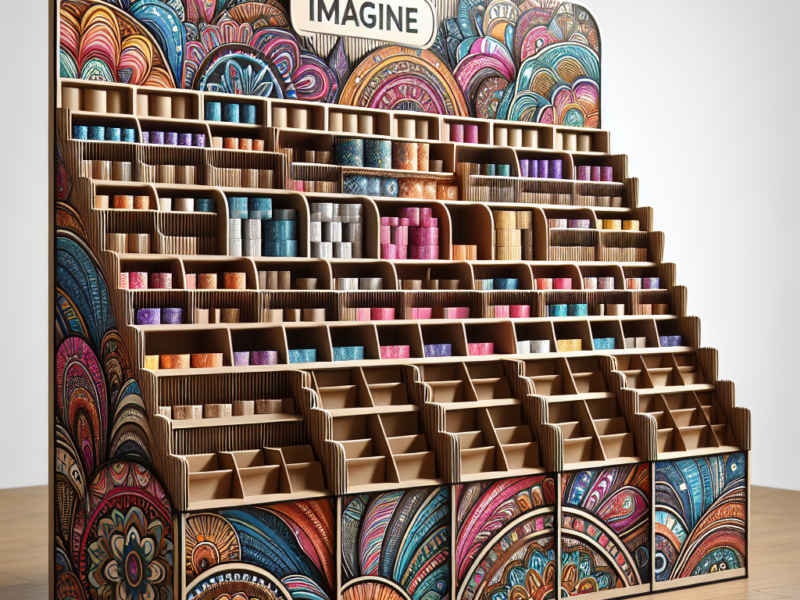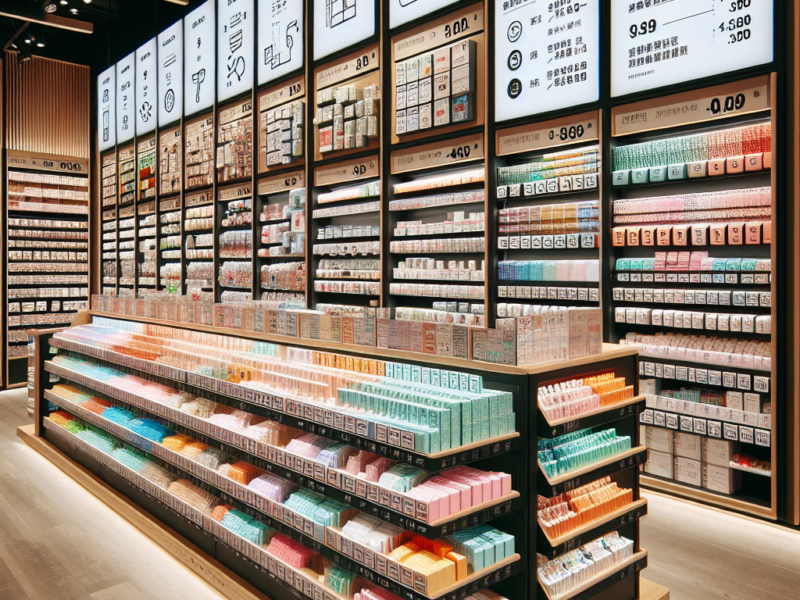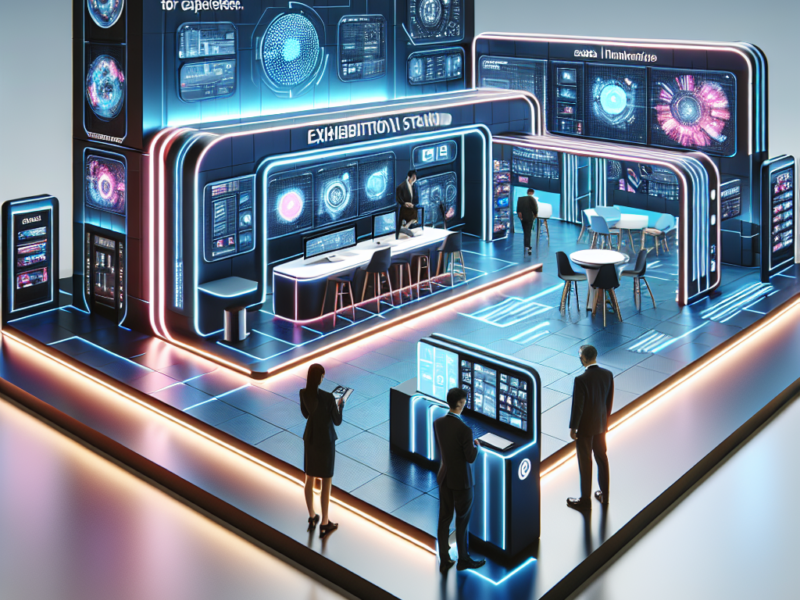In an era where technology seamlessly blends into every aspect of business, integrating modern solutions into POS design is not just an advantage—it’s a necessity. Enhanced user experience is paramount to staying competitive in today’s market, and POS systems are at the forefront of this customer service revolution. Through thoughtful POS design, businesses can ensure swift transactions, personalized service, and ultimately, high customer satisfaction.
Enhancing Efficiency with Advanced POS Design
The heartbeat of any retail operation is its Point of Sale (POS) system. An efficiently designed POS setup optimizes checkout speed, which is essential for customer satisfaction. Upgraded systems with faster processors and more intuitive interfaces allow cashiers to process transactions more quickly, reducing wait times and improving the overall customer experience. Moreover, streamlined POS designs that incorporate touch-screen technology can expedite training processes for new employees, given their ease of use and familiar operation reminiscent of smartphones and tablets.
Personalizing the Customer Experience
Modern POS solutions are not just transactional hubs but also act as platforms for deepening customer relationships. POS design that includes Customer Relationship Management (CRM) integrations allows businesses to create personalized experiences. Associates can easily access purchase histories, customer preferences, and even suggest products based on past behavior, offering a tailor-made shopping experience that customers often welcome and appreciate.
Mobile POS: Flexibility and Expanded Interaction
With the advent of mobile POS technology, businesses have access to a level of flexibility previously unattainable. This aspect of POS design not only reduces the need for traditional checkout areas, freeing up floor space for other uses, but also places sales associates among customers on the sales floor. This fosters enhanced interaction and the ability to assist and check out customers anywhere within the store, which can lead to improved sales and a more personal shopping experience.
Implementing Secure Payment Options
Security is a top concern for customers when it comes to transactions. POS designs that emphasize security features—such as end-to-end encryption, EMV chip technology, and contactless payment options—can provide customers with peace of mind. Furthermore, integrating multiple payment options, including digital wallets and mobile payment apps, ensures that the POS system is future-proof and caters to an evolving consumer base that values both security and versatility.
Intuitive Data Analytics and Reporting
An underestimated aspect of POS design is its ability to provide actionable business insights via robust reporting and analytics. Advanced POS systems can track sales trends, inventory levels, and customer preferences, delivering data that help businesses make informed decisions. A POS system that offers detailed reports and analytics can be the difference between reacting to the market and anticipating changes, thus providing a competitive edge through informed strategic planning.
User-Friendly Design for Enhanced Operations
A well-designed POS system should be as pleasant for employees to use as it is for customers. User-friendly interfaces, customizable menus, and quick-access buttons make transactions smoother and reduce the risk of human error. This focus on usability in POS design is crucial, as it improves employee satisfaction and retention, which in turn positively impacts customer service quality.
Service and Support Accessibility
Reliable service and support are critical components of POS design. In the event of problems or queries, swift and competent technical support can prevent extended downtime. A POS provider that offers comprehensive support guarantees confidence and ensures that the business operations remain uninterrupted, which is an intrinsic part of the user experience.
To learn more about the intricacies and innovations involved in contemporary pos design, businesses should explore industry leaders who have revolutionized POS technology with an emphasis on user experience.
Integrating technology into POS design offers a multitude of benefits for service-oriented businesses. From enhancing customer interactions to providing valuable insights, modern POS systems are a testament to the importance of technology in creating an efficient, secure, and satisfying retail experience. The right POS design is not just about processing payments—it’s about building a business that is equipped to thrive in a digital-first world.




